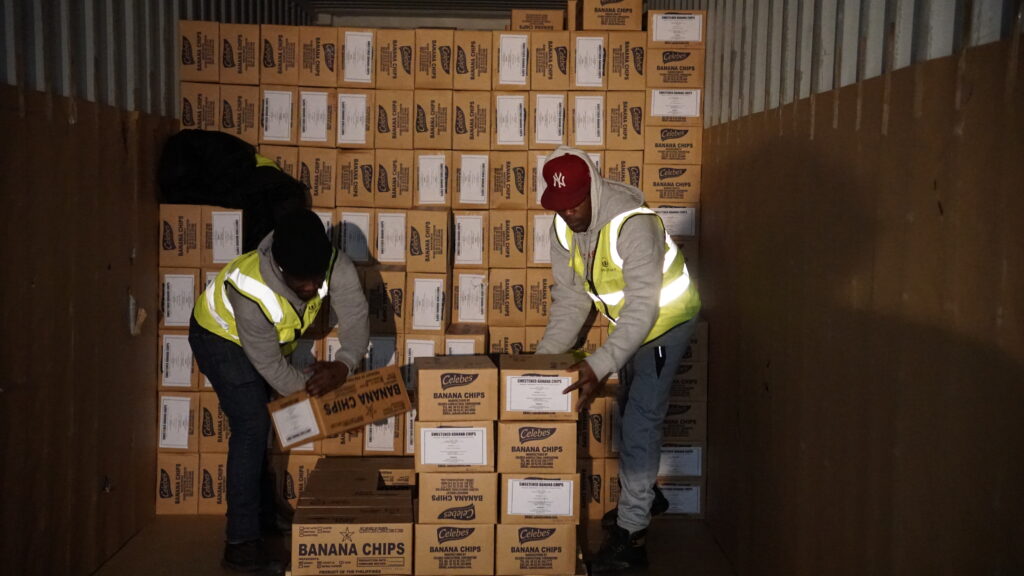
Warehouse lumpers, also known as lumpers or load/unload specialists, are essential personnel in warehouse operations responsible for efficiently loading and unloading goods from trucks and containers. Unlike permanent warehouse staff, lumpers are often hired on a temporary or per-task basis to handle the manual labor involved in moving heavy or bulky items. Their duties typically include physically lifting and moving items, using equipment such as forklifts or pallet jacks to transport goods, and ensuring that shipments are properly sorted and organized within the warehouse. Warehouse lumpers play a crucial role in expediting the flow of goods through the distribution process, helping to streamline operations and meet deadlines. They require physical strength, attention to detail, and the ability to work effectively as part of a team to ensure the smooth functioning of warehouse logistics.

